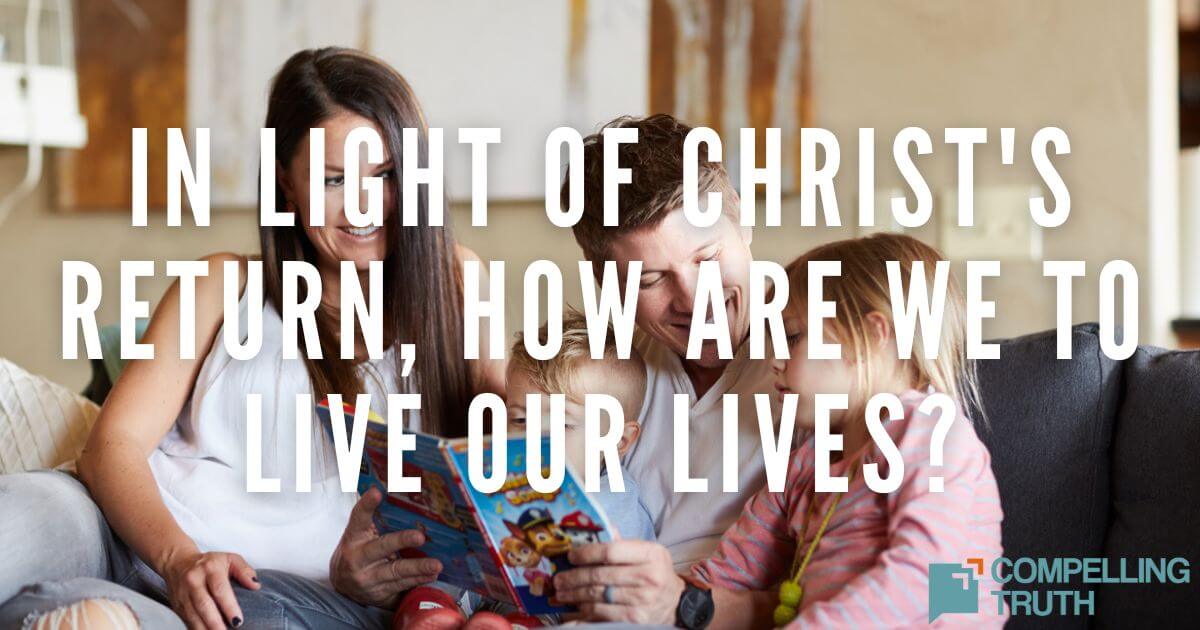The Bible teaches that our King, Jesus, has come and conquered sin and death (1 Corinthians 15:54–57). Additionally, it tells us to live like the kingdom is here as its citizens and representatives (Philippians 2:15; 3:20). However, the Bible also teaches that the kingdom of God will be fully realized on earth in the future (Revelation 20:1–3), that it is not understood by the world (Matthew 13:10–13), and that it is contrary to the way the world thinks (1 Peter 4:3–4). That tension between the kingdom being here and not yet is where the idea of “already but not yet” is derived. It is used to incorporate all of Scripture’s teaching about the kingdom being both here and yet coming in the future. Therefore, though the actual phrase is not in the Bible, it is a biblical concept that helps explain the Bible’s teaching about the kingdom in a concise way.
As believers, this world is not our home (John 17:16). However, rather than removing us from it, Jesus deliberately sent us into the current evil “kingdom” (John 17:18). He has done that so that we would be His witnesses (Matthew 23:19–20) as lights in the world (Matthew 5:13–16). We, as citizens of heaven (Philippians 3:20) are to live like we are already in the kingdom of God despite it not yet being fully here. That means we are to be growing in purity as we look forward to the King’s return (1 John 3:1–3), striving to be known as children of God (Philippians 2:15), and pointing people to Jesus when they wonder why we don’t live like the world’s citizens do (1 Peter 3:15–16 and 1 Peter 4:3–4). Because we are no longer of this world, and because the world hates our King, Jesus did promise that we will be persecuted (John 15:18–20). Though suffering is never enjoyable, the knowledge of the future kingdom brings joy as the world’s hatred shows that we are truly of that future kingdom and able to look forward to the time when Jesus brings it to earth (Revelation 20:1–3)!




